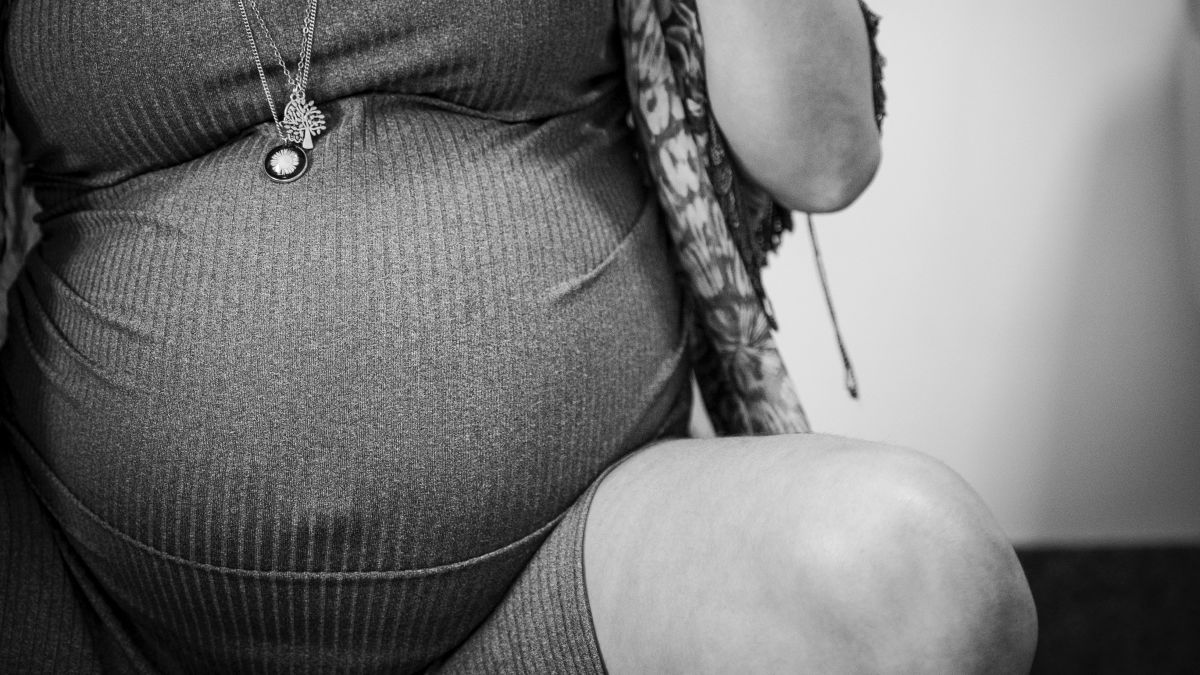Bed Rest

Bed rest is a traditional method used by HCPs all over the world to avoid various pregnancy-related complications that could be affected by a woman’s level of physical activity.
However, research has shown since the 1980s that bed rest is not effective at preventing any pregnancy-related complications.
The evidence is so strong against the use of bed rest that many researchers have recommended it needs to be removed from clinical practice. This is also based on the numerous physical and mental health complications that can arise from women who adhere to bed rest for weeks and/or months on end.
However, despite this evidence, bed rest is still commonly recommended to pregnant women.
Women should talk to their HCP about any questions or concerns they have regarding any type of activity restriction during pregnancy. Women should also make sure they understand why restriction has been advised and how they can best follow their HCP's recommendations.
Background
The use of bed rest as a treatment in obstetrics dates to the early 1900s and became a standard method of care for pregnancy complications due to the idea that any physical activity could induce uterine contractions or bleeding.
Bed rest (or pelvic rest) is still commonly "prescribed" to pregnant women each year in the United States despite the complete lack of evidence indicating it has any effect on the conditions it is believed to prevent.
Bed rest may be recommended by some HCPs for the prevention of complications associated with:
Premature labor
Carrying multiples
Poor fetal development
Previous pregnancy complications
Definition
Obstetric practice related to the definition of bed rest/activity restriction varies across the United States, from complete confinement in a bed, to hospital admission, to activity restriction, to resting in a reclining position a few times a day.
This lack of a consistent definition hinders the ability to study the effects of varying degrees of “bed rest” on any given complication, especially since many of these women may also have additional underlying health conditions.
Further, there is very little guidance to guide HCPs on the type of best rest to recommend to pregnant woman based on the complication they are trying to prevent/avoid; these recommendations rely mostly on the experience and preference of HCPs.
Research does not currently advocate for the use of bed rest for any indication during pregnancy; however, HCPs who have previously recommended bed rest may continue to use the practice despite this lack evidence.

Current Research
The use of bed rest first started getting questioned in the 1980s (research prior to that was nonexistent). Research since then continues to show that bed rest has no positive effects during pregnancy and does not prevent pregnancy-related complications, and therefore should no longer be recommended.
Specifically, current research indicates that bed rest likely has no effect on fetal growth restriction, birthweight, or length of gestation.
Prior studies that indicated bed rest may help prevent preterm delivery in women with one or more babies were flawed, and current research shows bed rest has no beneficial effect on the prevention of preterm birth and should not be recommended for this use.
In fact, some studies showed a worse prognosis in women who were on bed rest for the prevention of preterm delivery.
Further, additional research indicates that regular leisure physical activity appears to protect against preterm birth, low birthweight, gestational diabetes and preeclampsia.
Bed rest also has no effect on miscarriage, as activity level is not related, nor is it a cause of, miscarriage.
Complications of Bed Rest
The best possible case against bed rest can be extrapolated from research regarding its side effects.
Despite a lack of evidence indicating that bed rest is effective, the case for its persistence in practice was that it was safe for women and their babies, and therefore there was little risk in its continued use; however, this assessment is outdated (and false).
Bed rest comes with an exhaustive list of potential complications with its use. However, the certain effects women experience likely depend on the type of bed rest prescribed and the length of time women adhere to it.

Possible complications include:
Venous thromboembolism (deep vein and pulmonary)
Decreased bone mass
Muscle weakness
Weight gain or loss
Significant stress due to childcare concerns, employment, boredom, and feeling unwell
Depression and anxiety
Benign Positional Paroxysmal Vertigo
Back pain
Calcium excretion
Dizziness
Circadian rhythm dysfunction
Difficult postpartum recovery
Stress, depression, anxiety, and restlessness are valid concerns during bed rest. Women spend long, isolated, hours in bed with difficulty keeping busy and/or their minds off the safety of their pregnancy and their baby. Bed rest can also be stressful for the entire family as schedules, childcare, meals, employment, and dynamic completely changes.
Continued Use
Based on the above potential complications, together with the lack of evidence that bed rest has any beneficial effect during pregnancy, it is frequently recommended that the method of prescribing bed rest needs be removed from practice.
However, it is still commonly used and recommended to pregnant women as the findings above have not seemed to impact routine clinical practice.
Bed rest is currently used to prevent preterm birth by approximately 71% to 87% of HCPs in the United States, as well as obstetricians and midwives in Canada (to a lesser extent).
It appears that HCPs still believe, based on clinical experience, that a woman’s physical activity and gravity can stimulate uterine contractions, cervical effacement, and dilation.
However, there is no way to determine based on clinical experience alone if the end result of pregnancy would have been different – or improved – if bed rest had not been recommended, especially since all women deliver their baby at some point.
HCPs may also not recognize the complications that occur from bed rest, especially if a woman deals with these complications in the postpartum period, such as depression and continued anxiety.
Action
Women who are prescribed some form of activity restriction should have an in-depth risks and benefits discussion with their HCP.
Women should make sure they understand why their HCP made the recommendation and why the HCP believes it will benefit the woman and her pregnancy despite the risks of complications and lack of evidence.
If bed rest or activity restriction is recommended, and women want to adhere to their HCPs recommendations, they should ask as many questions as possible, so they understand what they need to do and what they need to avoid.
Women should also understand that although there is no evidence that bed rest prevents negative outcomes, this does not mean that exercise is safe for all pregnancies. Some women may be advised to avoid exercise during pregnancy (read more).
Women should also consider sharing and submitting their experience below regarding bed rest during pregnancy. This can help other women learn additional perspectives regarding this concern, to include how to positively get through it for women who were advised to severely limit their activity.
Resources
Physical Activity and Exercise During Pregnancy and the Postpartum Period (includes Bed Rest guidelines) (American College of Obstetricians and Gynecologists)